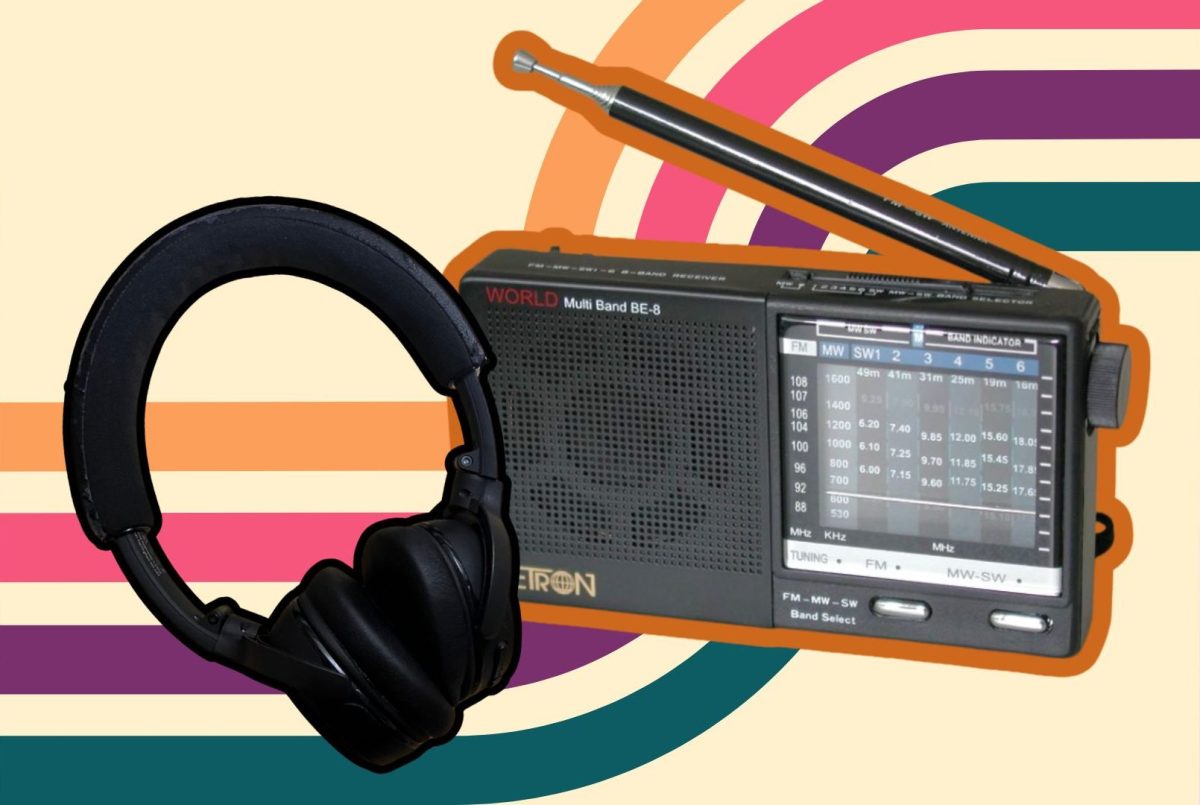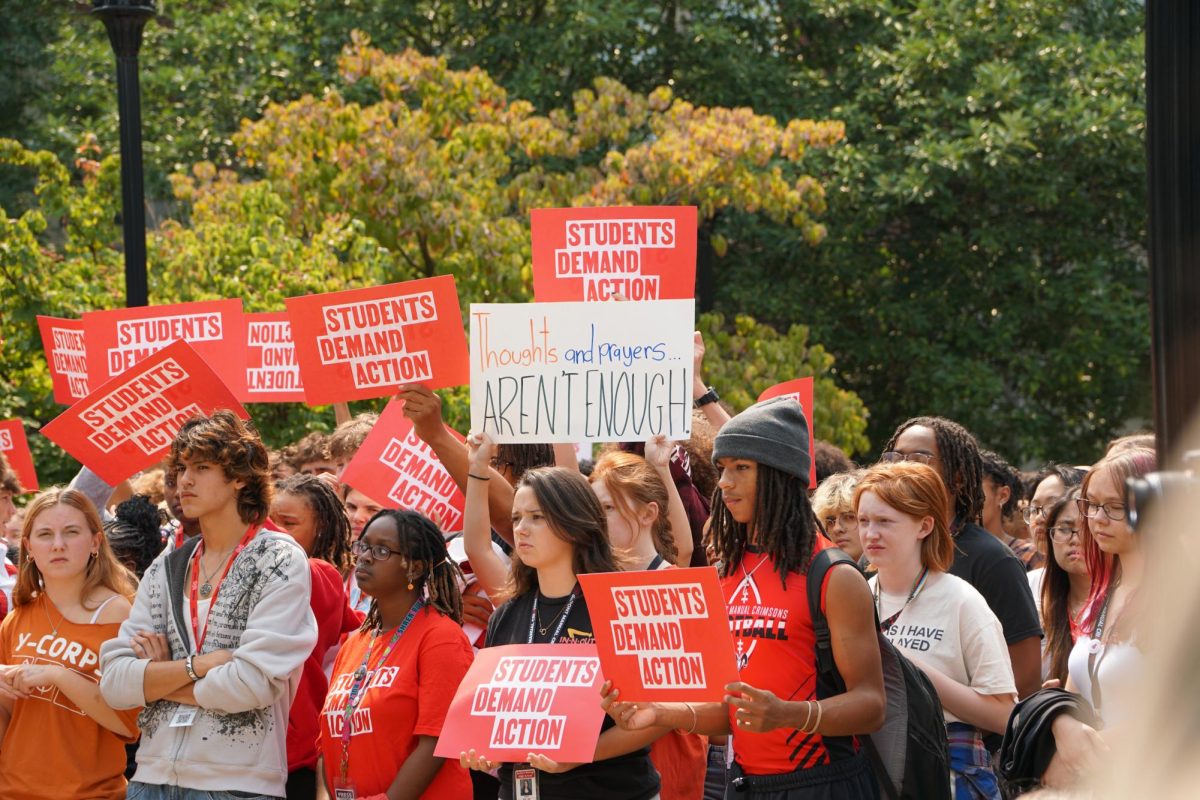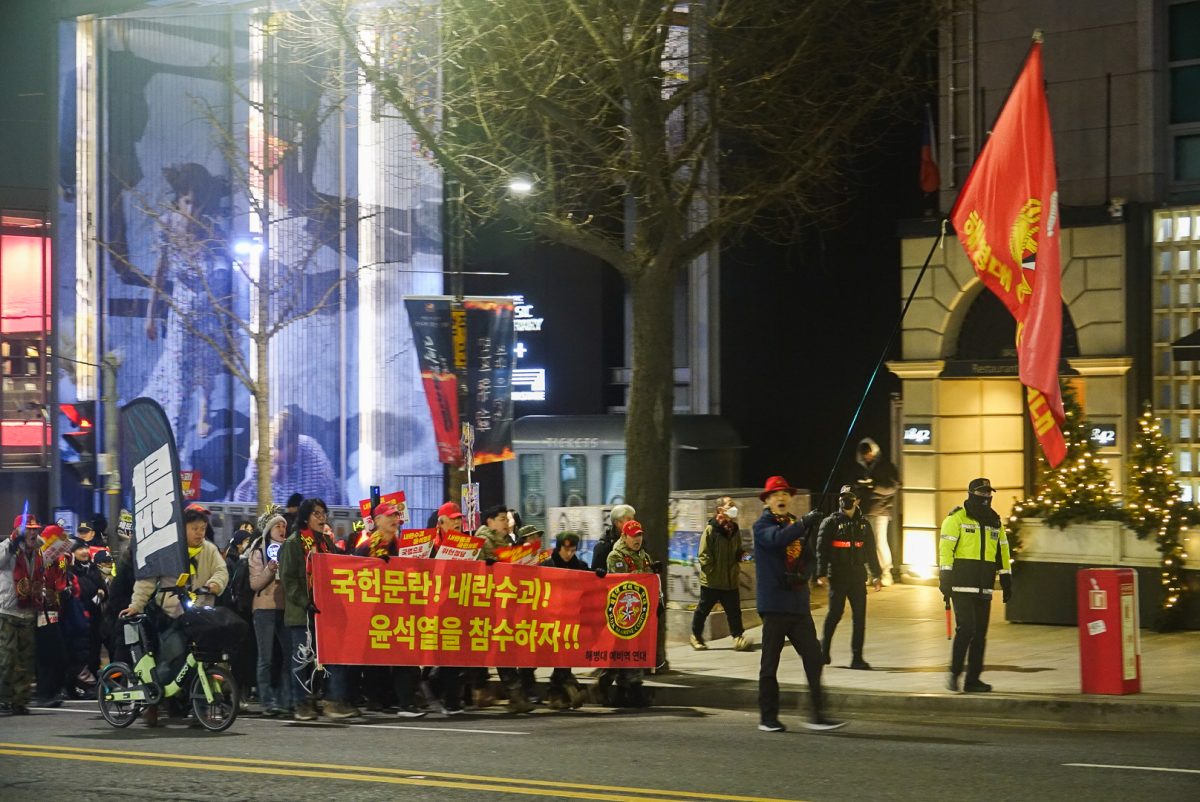As lightsticks flicker through Seoul’s packed city squares, casting a warm glow over throngs of protesters demanding accountability from South Korea’s president, echoes of the upheaval resonate across the Pacific. At MVHS and around the world, the Korean community grapples with the gravity of the political crisis unfolding in their homeland, offering a glimpse into the fierce resolve and collective spirit driving the mass protests against the president’s alleged breaches of democracy. Through intimate discussions and community forums, students and educators are channeling their anxieties and hopes into a shared conversation about democracy, justice and the importance of civic engagement — both abroad and in their own backyard.
During a nationally televised address on Dec. 3, 2024, South Korean President Yoon Suk Yeol declared martial law, citing what he called “anti-state activities” by political opponents in both the Democratic Party (DPK) and even members of his own People’s Power Party (PPP). He claimed that these factions were actively undermining the country’s democratic system, justifying the measure as necessary to maintain national stability. The move, however, was met with immediate backlash, sparking mass protests and condemnation from lawmakers and civil rights groups who saw it as a desperate attempt to cling to power.
Within hours, opposition leaders called an emergency session in the National Assembly where a rare bipartisan coalition swiftly voted to lift martial law, restoring civil governance in less than three hours. In the days that followed, public outcry intensified, with demonstrators flooding the streets of Seoul and other major cities, demanding Yoon’s removal. On Dec. 14, in a historic and decisive vote, the National Assembly formally impeached Yoon, making him the second South Korean president to be ousted from office through impeachment. The unprecedented speed of his downfall underscores the nation’s deep political divide and the resilience of its democratic institutions in the face of authoritarian overreach.
The effects of the sudden imposition of martial law have not been fully realized yet. Within South Korean society, two opposing factions have begun to emerge. One group advocates for Yoon’s impeachment, calling for his immediate arrest, while the more conservative group, driven by fears of communism, supports his release and demands the arrest of his opponents. Kim Sooyeoung, a history teacher at Gyeongwon Middle School in South Korea, outlines the purpose of impeachment.
“In terms of democratic principles, the impeachment process is part of South Korea’s system of checks and balances,” Sooyeoung said. “It serves as a safeguard to ensure that no leader, regardless of their position, is above the law. That being said, the larger impact on democracy will depend on how the process is handled, both in terms of legality and public perception. If handled correctly, it could strengthen trust in democratic institutions; if handled poorly, it could lead to political instability.”
With South Korea’s aging population, traditional political values remain deeply rooted among the older generation. Junior Bill Choi, who came to MVHS from South Korea in his freshman year, explains that having experienced pivotal historical moments, such as the post-Korean War era, older citizens tend to hold more conservative political ideals. However, this generational divide has led to a contrasting mindset among younger Koreans.
“Everyone has the mindset that, ‘I want to do what I want and I would not follow whatever others say,’” Choi said. “So it’s like younger people are going exactly opposite of what older people say. And although older people say what values they stand for, they just don’t care about others’ views and they do what they want to do. So to some extent, the older generation doesn’t really affect the younger generation’s views.”
Although Choi says that most discussions within the MVHS community regarding the situation in South Korea are more surface-level conversations about the state of democracy, he still finds discrepancies and feels tension between his and others’ points of view. Having heard multiple perspectives, Choi takes on a more conservative approach to dealing with conflicting viewpoints. He thinks that civil discourse on political views is in vain and only leads to more disputes with others.
“My parents think that Yoon should be arrested now, but I think he should be arrested after he’s President,” Choi said. “Some of my friends think he should not be arrested at all and they have various reasons and opinions. People don’t easily change their thoughts, so I just didn’t talk about [my opinion] more with other people.”
While Choi’s perspective reflects a more conservative approach to discussing South Korea’s political climate, junior Jay Lee, offers a contrasting viewpoint, expressing outrage with President Yoon’s leadership and the lasting impact it has had on South Korea’s democracy.
“I feel a deep sense of anger and frustration,” Lee said. “I’m hoping that the protests will send a strong message that the people of South Korea will not tolerate corruption and abuse of power,” Lee said. “Ultimately, I hope it leads to President Yoon facing the consequences of his actions, including being held accountable for his role in damaging the democratic values of the country.”
For Lee and many others, the protests are more than just a reaction to a controversial leader — they are a battle for the soul of South Korea’s democracy. As frustrations mount and calls for accountability grow louder, demonstrators see their movement as a turning point, one that could determine the country’s political future.
In addition, Lee finds that the protests will show the world that South Korea’s democracy is alive and well and that the people are committed to defending it. He mentions that Koreans living abroad are also spreading awareness over these matters in their country and hopes that their voices are not silenced.
“Korean students abroad are sending a message that they are not disconnected from the struggles in Korea,” Lee said. “They are showing solidarity and making it clear that they, too, demand justice. It’s a powerful reminder that the fight for a better future transcends borders.”
Sooyeoung adds that the global nature of the protests is significant, marking a historical moment where the Korean diaspora is actively participating in the fight for justice. She finds that the international community should understand that South Korea’s democracy, like any democracy, is an ongoing process.
“The situation has transcended local politics,” Sooyeoung said. “It has become a collective international movement for democratic values. Korean students, both at home and abroad, are speaking out not just for themselves but for the future of their nation. This unity is a testament to the enduring strength of democratic ideals, even in the face of adversity.”
As South Korea grapples with its political crisis, the tension between those who support Yoon and those who demand his removal continues to divide the nation. Yet, the protests — fueled by the voices of students like Lee and communities worldwide — serve as a reminder that democracy is a constant struggle, one that requires the collective efforts of citizens who are determined to protect the principles of justice and accountability.
This story was originally published on El Estoque on February 3, 2025.






































